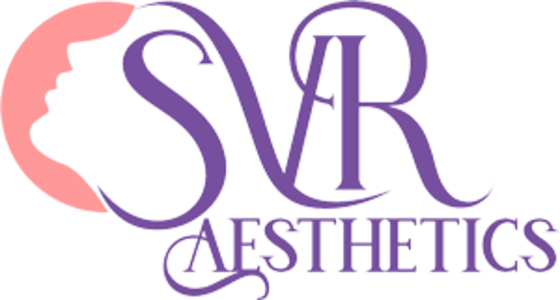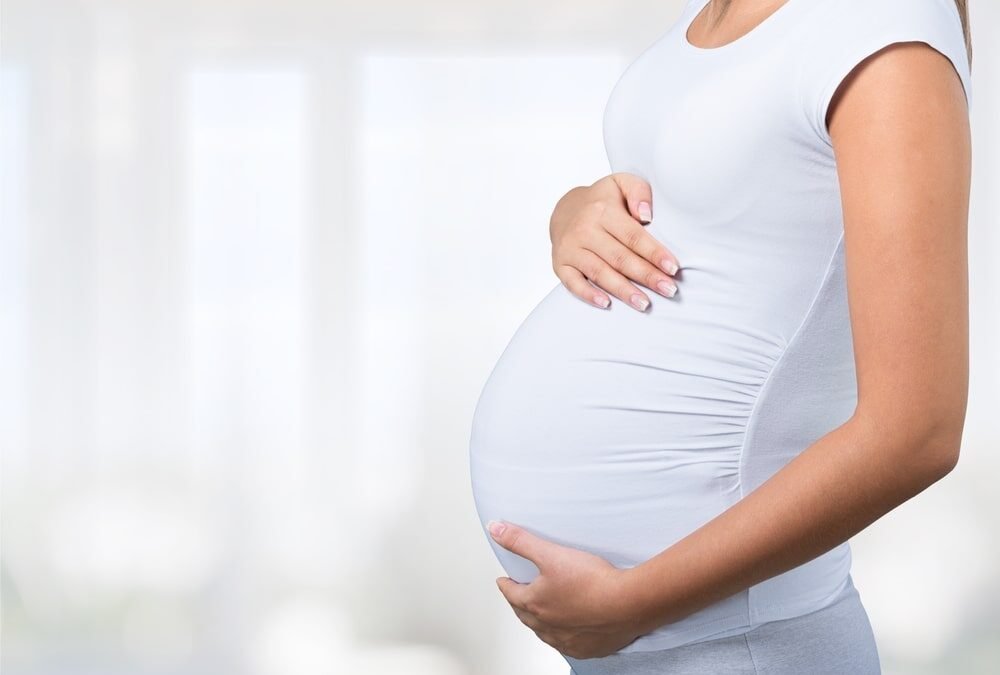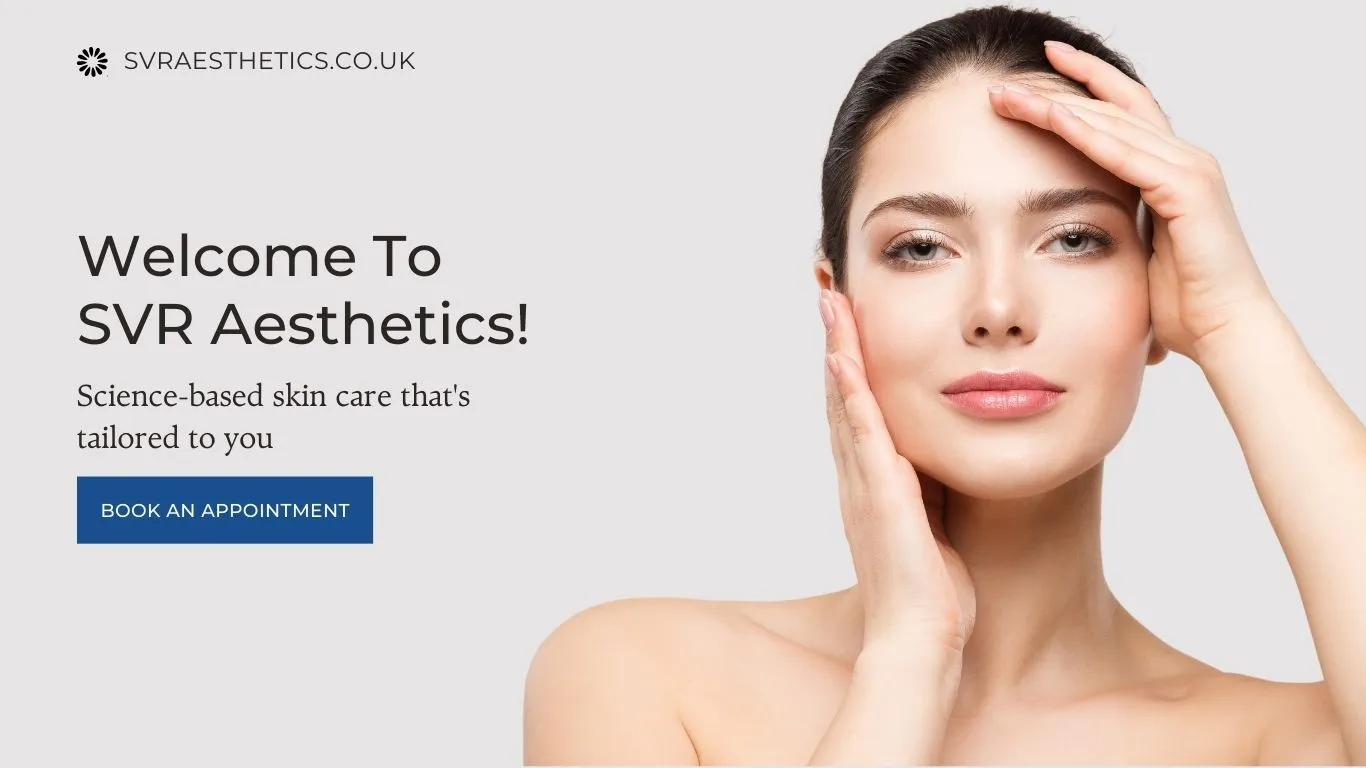For women, pregnancy is a wonderful and profoundly transformative event that is marked by several physical and psychological changes. While a pregnant woman’s primary concern is for the wellbeing of the child she is expecting, self-care must also be given top priority during this incredible journey. We can offer advice if you’re looking for ways to maintain the health of your skin while safeguarding the safety of your growing child. Here are some best tips for taking care of your skin during pregnancy to promote a glowing, healthy complexion.
Skin Changes During Pregnancy :

Pregnancy Glow vs. Skin Issues: Some expectant women get the cherished “pregnancy glow,” but others may have skin issues because of hormonal changes.If you’re wearing the Mom to be sash with pride, you may experience any one of the below symptoms.
Stretch Marks
Rapid skin stretching during pregnancy is the cause.This is a common worry that many expectant mothers have.Stretch marks can be treated and prevented by using a variety of lotions and oils.
Hormonal Acne
The first and second trimesters are common.High amounts of androgen are the cause. Skin dryness may only last a short while, while other changes may become permanent.
Dry Skin
Dry skin brought on by hormone changes might occur during pregnancy.Utilize moisturizing skincare products to manage dryness.
Skin Tags
Skin tags are small, raised growths of skin that may dangle from a thin stem. They can be similar in color to your skin or slightly darker, resembling a mole. Importantly, skin tags are noncancerous growths.Skin tags are typically bothersome only when they rub against clothing.
Melasma(Pregnancy Mask)
Brown or tan patches on the face are a hallmark of melasma, which is frequently related to hormonal changes.Postpartum cases typically diminish.To minimize pigmentation, safe topical medicines such kojic acid and licorice root can be use.
Existing Skin Disorders:
Rosacea, psoriasis, and other conditions like eczema could change during pregnancy.Symptoms may go better or get worse.
Body changes
The entire body, not just the face, is affected by pregnancy.Throughout pregnancy, expectant moms may suffer different skin-related changes.
Spider veins:
During pregnancy, spider veins may become more noticeable.These may be especially obvious in places like the legs.
Hair Loss:
Throughout pregnancy, hair development patterns can alter.During this time, some women could also experience hair loss.
Excess Sebum and Acne
Acne can be triggered by an overproduction of sebum, an oily substance produced by your sebaceous glands.
Skin Care issues in Pregnancy:
When expecting, it’s essential to adapt your skincare routine to address specific concerns while ensuring safety for both you and your baby. Here are two primary skin care concerns associated with pregnancy:
Increased Skin Sensitivity:
Pregnancy often leads to heightened skin sensitivity, making it more prone to allergic reactions.Stick to gentle, fragrance-free skincare products that are less likely to trigger adverse reactions. Avoid introducing multiple new products to your routine simultaneously. Instead, incorporate one new product at a time, allowing your skin to adjust before adding another. Skin care is very important either you are in any period of your life either you want menopause skin care or pregnancy skin care read important points given below.
Absorption of Products into the Bloodstream:
Skin care products are designed to be absorbed by your skin, which means they can potentially enter your bloodstream.Choose products that are safe for both you and your baby in case they are absorbed into your bloodstream. We’ll discuss safe options shortly.
Don’t Use Skin Products With These Ingredients If You Are Pregnant.

Retinoids:
Pregnancy should be avoided when using retinoids, which are frequently contained in skincare treatments for anti-aging.In higher doses, they can cause abnormalities during delivery.Isotretinoin and other prescription retinoids pose a serious risk to embryonic development.
Salicylic acid at a High Dose:
Pregnancy should not be used as an excuse to consume high dosages of salicylic acid, such as those found in peels and oral medicines.However, topical over-the-counter (OTC) medications containing salicylic acid at lower doses are typically regarded as safe.
Aromatic oils:
When taken undiluted or in excessive doses during pregnancy, several essential oils can be dangerous.Avoid using essential oils like rosemary, basil, and clary sage, and seek the advice of a medical professional for safe substitutes.
Hydroquinone:
In order to lighten skin and address pigmentation problems, especially those brought on by pregnancy, hydroquinone is employed.Although there is no evidence to suggest a connection with birth abnormalities, it is preferable to limit exposure during pregnancy due to greater rates of absorption.
Phthalates:
Endocrine-disrupting compounds called phthalates are present in a lot of cosmetic and personal care items.In investigations on both animals and people, they have been connected to issues with reproduction and developmental function.
Antibiotics with tetracycline:
Acne skincare products often contain medicines like doxycycline and minocycline.Due to possible consequences for the development of the fetus’s bones, they should be avoided during pregnancy.
Formaldehyde and Chemicals that Release Formaldehyde:
Infertility and miscarriage risk can rise as a result of formaldehyde, a known carcinogen.Some cosmetics have formaldehyde-releasing substances that could be dangerous. Always check your pregnancy month by nhs pregnancy calculator. Some products can be use in later pregnancy months.
Chemical sunscreens (including derivatives of oxybenzone):
In sunscreens, oxybenzone and its derivatives are frequently employed as UV filters.
There are worries about their possible negative consequences on human health and the environment.Because it is an endocrine disruptor, oxybenzone should be avoided when pregnant.
Pregnancy-approved Skin care
Prioritizing your safety and the protection of your growing baby is crucial during pregnancy. While some cosmetic procedures might aid in achieving a natural glow, choosing pregnancy-safe alternatives is essential. The following cosmetic procedures to enhance your beauty are typically regarded as safe during pregnancy:
Basic Facials
It include mild washing, exfoliation, and hydration can assist to improve the appearance of your skin and encourage a healthy glow. Make sure there are no potentially dangerous components in the products being utilized.
Hydrating Masks
Hyaluronic acid and other pregnancy-safe chemicals found in hydrating and moisturizing masks can increase the hydration and shine of your skin.
Prenatal Massages: A soothing prenatal massage helps increase circulation, lower stress levels, and promote a radiant complexion. Ensure that the prenatal massage therapist you select has training and experience working with pregnant clients.
Light Chemical Peels: Using chemicals like glycolic acid, which are safe for use during pregnancy, superficial chemical peels can assist to even out skin tone and texture. Always get the advice of a dermatologist to confirm that the peel you choose is pregnancy-safe.
Mineral Makeup: Make the switch to mineral makeup products for a natural, luminous finish that are devoid of damaging chemicals.
Sunscreen: To protect your skin from UV rays and keep a healthy complexion, you must apply a broad-spectrum sunscreen every day with at least SPF 30.
Safe and unsafe FDA Approved Aesthetic Treatments in Pregnancy.
Chemical peel
Glycolic Acid (GA) Peel: GA is a light peel that exfoliates the skin and causes epidermolysis. Due of the low degree of skin penetration, it is typically regarded as safe during pregnancy.
Lactic Acid (LA) Peel : Due to its minimal skin penetration and ability to generate keratolysis, LA has been used anecdotally in 2% concentration to treat prenatal acne without any known fetal concerns.
Salicylic Acid (SA) Peel: A beta-hydroxy acid with comedolytic and keratolytic effects, SA is used in this peel. It falls under pregnancy Category C. Low dosages of acetylsalicylic acid (aspirin) have demonstrated a safe profile in gestational reasons, suggesting that small-area SA peels with appropriate counseling may be taken into consideration, even if up to 25% skin penetration is recorded with SA peel usage.
Laser treatment:
Cosmetic lasers, such as those used for skin treatments and hair removal, rely on selective photothermolysis and are, in theory, only intended for use on the deep dermis, which minimizes risk to developing fetuses. However, it is advised to stay away from cosmetic lasers when pregnant because to a lack of safety data.
IPL skin rejuvenation:
Due to a lack of safety information, laser, IPL, or electrolysis hair removal is not advised during pregnancy. Unfavorable treatment outcomes can be brought on by hormonal changes, and the fetus may be at risk from electroepilation due to the conductivity of the amniotic fluid. It is advised to use safer alternatives including waxing, shaving, threading, or chemical depilation.
How to Make Sure Your Skincare Products Are Safe During Pregnancy?
- Speak with Medical Professionals
Start by talking to both your dermatologist and OB-GYN about your skincare regimen and issues.Tell them about any prescription drugs you use as well as any skin issues you may already have.You can consult SVR Aesthetics in Milton Keynes for best skin care regime to follow in pregnancy.
- Ingredient Verification
Check the ingredients in the skincare products you use. Look out for substances that are understood to be unsafe to consume while pregnant.

Skincare while Breastfeeding :
Most topical skincare products are generally acceptable to use while nursing as long as they are not applied close to the breast or nipple area. It’s important to use caution and avoid using them if not absolutely necessary. It is advised to stay away from certain products like Retinoids, Botox and hydroquinone (a skin lightener), as their safety while taking has not been sufficiently investigated.
Why choose SVR Aesthetics ?
Choose SVR Aesthetics for consultation because our skilled professionals do a thorough evaluation of your skin, facial structure, and general health to tailor treatments to your required needs. We place a high priority on open communication and provide details about processes, potential risks, and anticipated outcomes. Our aestheticians inform you about the most recent developments in aesthetics, enabling you to make decisions that are in line with your ideal of beauty.
FAQ’s
What are benefits of Pregnancy Approved Skin Rejuvenation?
- Increase Self-Esteem
- Stress Reduction
- Skin Hydration
- Healthy Skin Tone
- Safe Sun Protection
- Enhanced Relaxation
What are the Things to do in Pregnancy ?
- Do Attend Regular Prenatal Checkups
- Do Maintain a Balanced Diet
- Do Stay Hydrated
- Do Engage in Safe Exercise
- Do Get Adequate Rest
- Do take Prenatal vitamins
Which things you avoid during Pregnancy ?
- Don’t Smoke or Drink Alcohol
- Don’t Consume Excessive Caffeine
- Don’t Skip Medications
- Don’t Ignore Warning Signs
- Don’t Engage in High-Risk Activities
- Don’t stress


